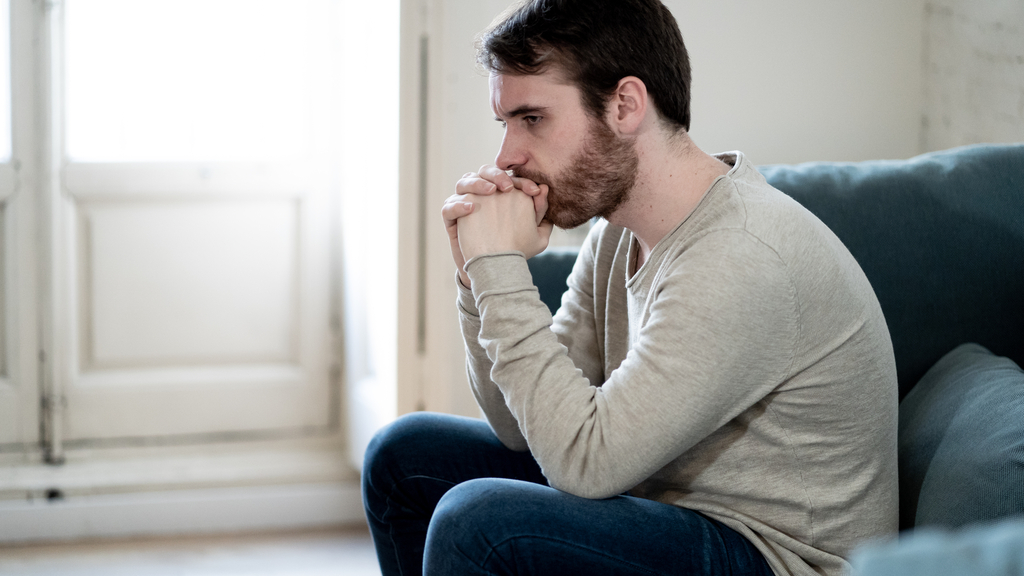
Shutterstock
The proportion of people diagnosed with depression or self-reporting symptoms of depression has doubled, with one in five adults experiencing depressive symptoms in the last quarter, compared to one in 10 before the pandemic.
The latest figures from the Office for National Statistics show that 21% of adults in Britain experienced some form of depression in January to March 2021, up from 19% in November 2020 and 10% before the coronavirus outbreak.
Younger adults and women were more likely to experience some form of depression in early 2021, with 43% women aged 16 to 29 years experiencing depressive symptoms, compared with 26% of men of the same age.
Rates of depression were higher among adults living in the most deprived areas of England (28%) than in the least deprived areas (17%).
Some 35% adults who reported being unable to afford an unexpected but necessary expense of £850 experienced some form of depression, compared with 21% before the pandemic. For those who were able to afford this expense, 13% experienced depressive symptoms in early 2021, increasing from 5% before the pandemic.
Commenting on the figures, Stephen Buckley, head of information at mental health charity Mind, said the results were “worrying but not surprising” given the impact the pandemic has had on mental wellbeing.
“We surveyed 16,000 people during the initial lockdown and found that the pandemic has taken its toll on the nation’s wellbeing. Two in three young people (68%) said their mental health got worse during the initial lockdown, compared to three in five (60%) adults,” he said.
Buckley said the fact that GP-diagnosed cases of adult depression have fallen during the pandemic suggests people are not going to their GP for help, possibly because of concerns about putting extra strain on the NHS.
“This is worrying because we know that left untreated, mental health problems become more difficult and expensive to treat,” he said.
“We know that the NHS support offered remotely (via phone or online) during the lockdowns didn’t work for everyone, with many struggling with technology or experiencing confidentiality concerns. As we see demand for mental health services increase, investment is vital, with a range of timely, effective treatments made available to everyone who needs them, including face-to-face support.”